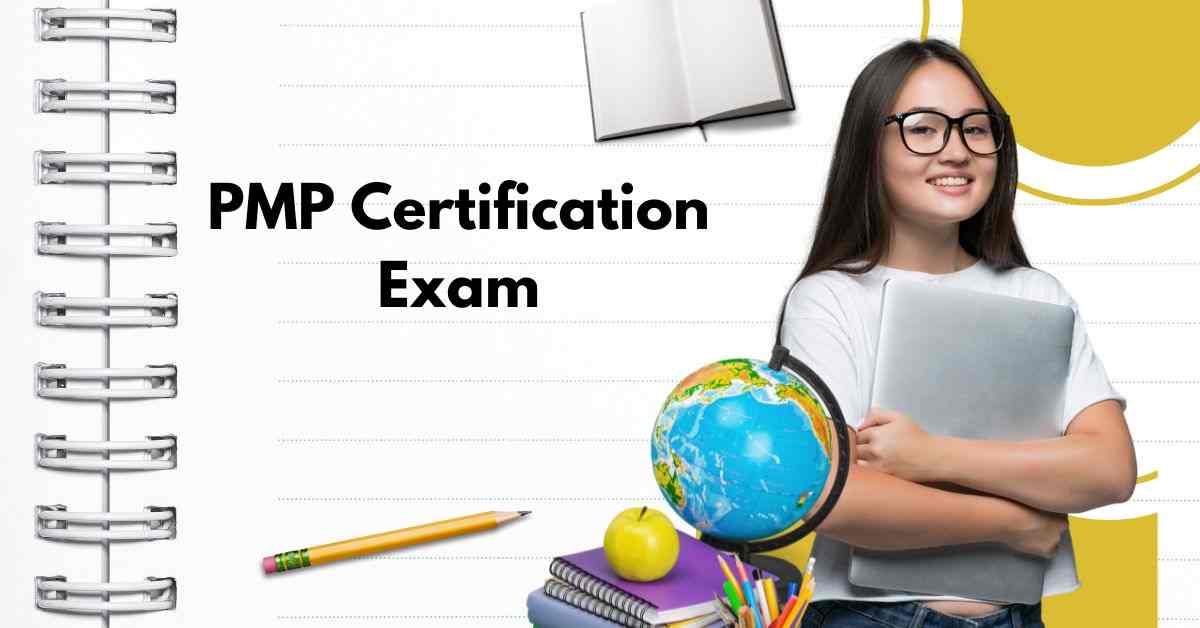Welcome to our blog post on the PMP Certification Exam! If you’re considering pursuing a Project Management Professional (PMP) certification, congratulations on taking this exciting step towards advancing your career. As you prepare for the exam, it’s important to understand the format and types of questions you’ll encounter. In this article, we will dive into the details of the PMP certification exam, explore different question formats, answer commonly asked questions, and provide helpful insights to boost your preparation. So let’s get started and unlock the secrets of acing the PMP certification exam in 2023!
Format of the PMP Certification Exam
The pmp certification exam questions is designed to assess your knowledge and skills in project management. It consists of 200 multiple-choice questions that you need to answer within a four-hour timeframe. The exam is computer-based, which means you will be seated at a testing center with access to an electronic system for answering the questions.
The exam is divided into five domains: Initiating, Planning, Executing, Monitoring and Controlling, and Closing. These domains cover various aspects of project management, from developing a project charter to closing out a project successfully.
Each question on the exam may have four possible answers. Your task is to select the best option based on your understanding of project management principles and practices. Some questions may require calculations or scenario-based analysis, while others assess your knowledge through theoretical concepts.
Types of Questions on the PMP Certification Exam
The PMP certification exam is known for its challenging nature and comprehensive coverage of project management knowledge areas. To assess candidates’ understanding and application of project management concepts, the exam consists of various types of questions. Familiarizing yourself with these question formats can help you better prepare for success.
1. Multiple-Choice Questions (MCQs): These are the most common type of questions on the PMP exam. You will be presented with a question followed by four possible answers, and you must select the correct one. Remember to carefully read each option before making your choice.
2. Situational or Scenario-based Questions: In these questions, you will be given a scenario or situation related to a project management scenario, and you will need to analyze it and choose the best course of action from multiple options provided. These questions test your ability to apply project management principles in real-world scenarios.
3. Formula-Based Questions: As project management involves calculations and formulas, expect some questions that require you to use specific formulas or equations to solve problems related to cost, time, quality, etc.
4. Matching Questions: These types of questions involve matching items from two different lists based on their relationship or compatibility.
5. True/False Questions: This format presents statements which you must evaluate as true or false based on your understanding of project management principles.
6. Fill-in-the-Blank Questions: In these questions, you are required to provide a word or phrase that completes an incomplete statement correctly.
By being familiar with these question formats beforehand, you can approach each question confidently during the actual exam.
Understanding the Different Question Formats
When it comes to the PMP Certification Exam, understanding the different question formats is crucial for success. The exam consists of 200 multiple-choice questions that are designed to test your knowledge and application of project management concepts.
One type of question you may encounter is the situational scenario. These questions present you with a hypothetical situation and ask how you would respond or what action you would take as a project manager. It’s important to carefully read each scenario and consider all possible options before selecting your answer.
Another question format is knowledge-based. These questions assess your understanding of project management principles, processes, and terminology. They require you to recall facts or definitions related to specific areas of project management.
In addition, there are also interpretational questions that require you to analyze data or information presented in graphs, charts, or diagrams. These questions test your ability to draw conclusions based on visual representations.
There are also calculation-based questions that involve mathematical calculations such as determining critical path duration or calculating earned value performance metrics.
By familiarizing yourself with these different question formats, you can better prepare yourself for the variety of challenges that may come up on the exam day. Remember to practice answering sample questions in each format so that you feel confident and comfortable when faced with them during the actual exam.
Stay tuned for our next section where we will address commonly asked questions about the PMP Certification Exam!
Commonly Asked Questions about the PMP Certification Exam
-
Is the PMP exam difficult?
The difficulty of the PMP exam can vary depending on your level of experience and preparation. However, it is generally regarded as a challenging test that requires thorough understanding of project management concepts.
2. How long does it take to prepare for the PMP exam?
The amount of time needed to prepare for the PMP exam can vary from person to person. On average, most candidates spend around three to four months studying before they feel ready to take the exam.
3. What study materials are recommended for preparing for the PMP exam?
There are various study materials available that can help you prepare for the PMP exam, such as textbooks, online courses, practice exams, and study guides. It is important to choose resources that align with your learning style and provide comprehensive coverage of the PMBOK Guide.
4. Can I take the PMP exam online?
Yes, starting from 2021, PMI allows candidates to take the PMP certification exam online in addition to traditional in-person testing centers. This provides flexibility and convenience for individuals who prefer remote testing options.
5. What happens if I fail the PMP exam?
If you do not pass on your first attempt at taking the PMP certification exam, don’t worry! You have two more opportunities within one year from your eligibility period without any additional fees.
Remember that each retake gives you a chance to identify weak areas and improve upon them before attempting again.
6. Will having a Project Management Professional (PMP) certification boost my career prospects?
Obtaining a PMP certification demonstrates your knowledge and expertise in project management which can significantly enhance your career prospects by opening up new job opportunities and potentially leading to higher salaries or promotions within your current role.
Conclusion
In this article, we have discussed the format of the PMP Certification Exam and explored the different types of questions that you may encounter during the exam. Understanding these aspects can greatly help in your preparation and improve your chances of success.
The PMP Certification Exam follows a structured format consisting of multiple-choice questions. It is important to familiarize yourself with the question formats such as situational, knowledge-based, and interpretive to effectively answer them. By practicing different question formats, you can develop a strategic approach to tackle each type. https://www.spotoclub.com/
While preparing for the PMP Certification Exam, it is crucial to utilize study resources such as official guides, practice exams, and online forums. These resources will not only provide valuable insights into the content but also give you an idea about how questions are framed on exam day.





